No one is left out in environmental protection and climate change response.
That was the affirmation of comrade Thai Van Nong - Deputy Director of the Department of Natural Resources and Environment when talking with reporters of Nghe An Newspaper about environmental protection and climate change response.
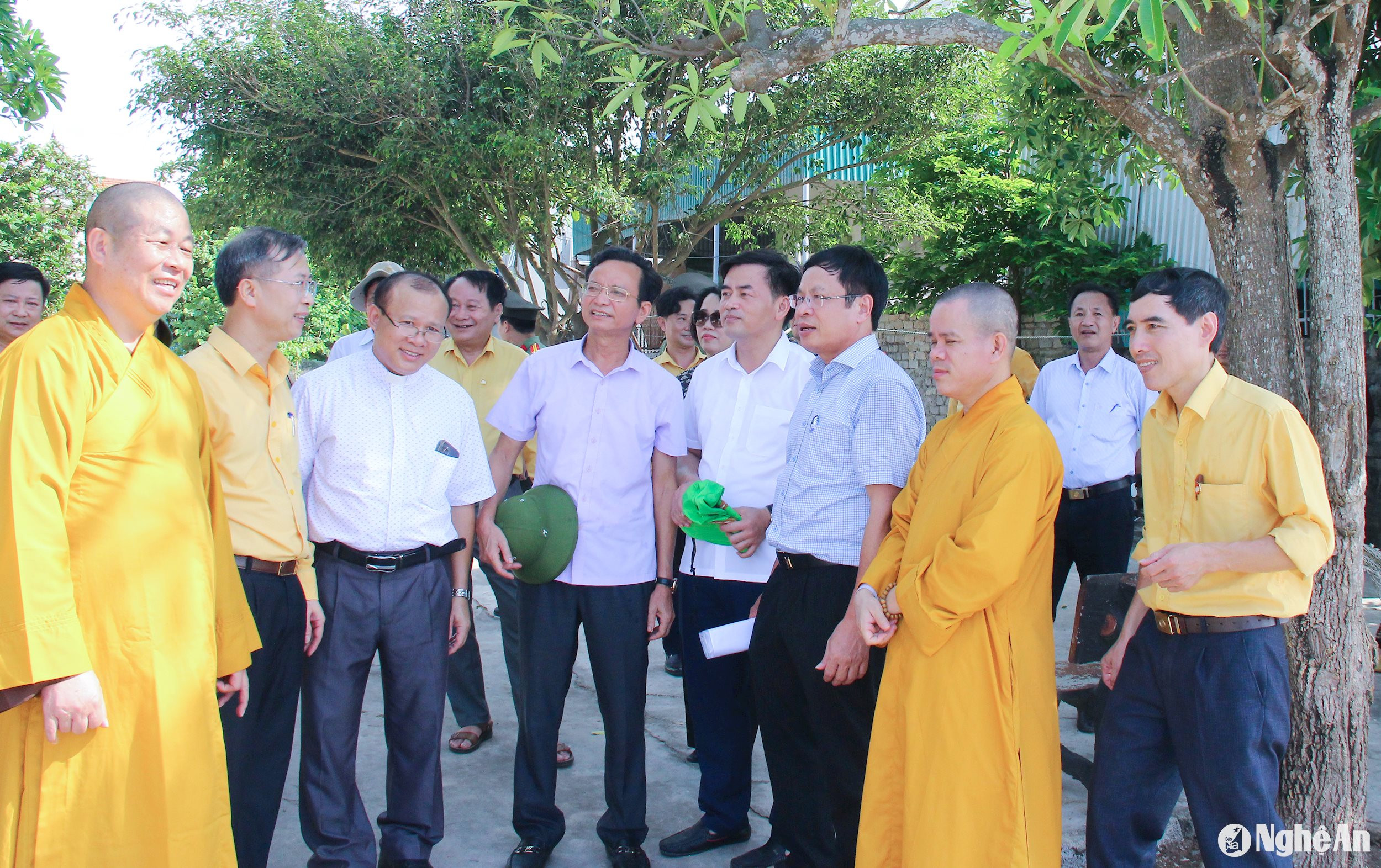
Reporter: Dear comrade! This June, with a series of global and national events such as World Environment Day (June 5), World Oceans Day (June 8), Vietnam Sea and Islands Week with clearly defined themes and topics. Could you share some information related to these events?
Comrade Thai Van Nong:That's right! June 5th of every year is chosen by the United Nations Environment Programme as World Environment Day. World Environment Day 2024 with the theme "Restoring land, combating drought and desertification" aims to call on countries around the world to join hands towards the goals of restoring land, combating desertification and drought resistance, slowing down climate change, protecting nature, enhancing livelihoods and food security for people around the world.
World Oceans Day (June 8) is an annual event approved by the United Nations General Assembly, demonstrating the efforts and connecting people around the world to conserve and sustainably develop the seas and oceans; to honor the values of the ocean for life and sustainable development and prosperity of humanity. The ocean nourishes humanity and all life on earth, but our understanding of the ocean is still very limited. The catastrophic impacts and consequences for the ocean are alarming in many places around the world. Therefore, World Oceans Day 2024 with the theme "Understanding the ocean better" aims to call on countries and organizations to explore and awaken understanding of the ocean; to make efforts to change and protect the blue and sustainable ocean.
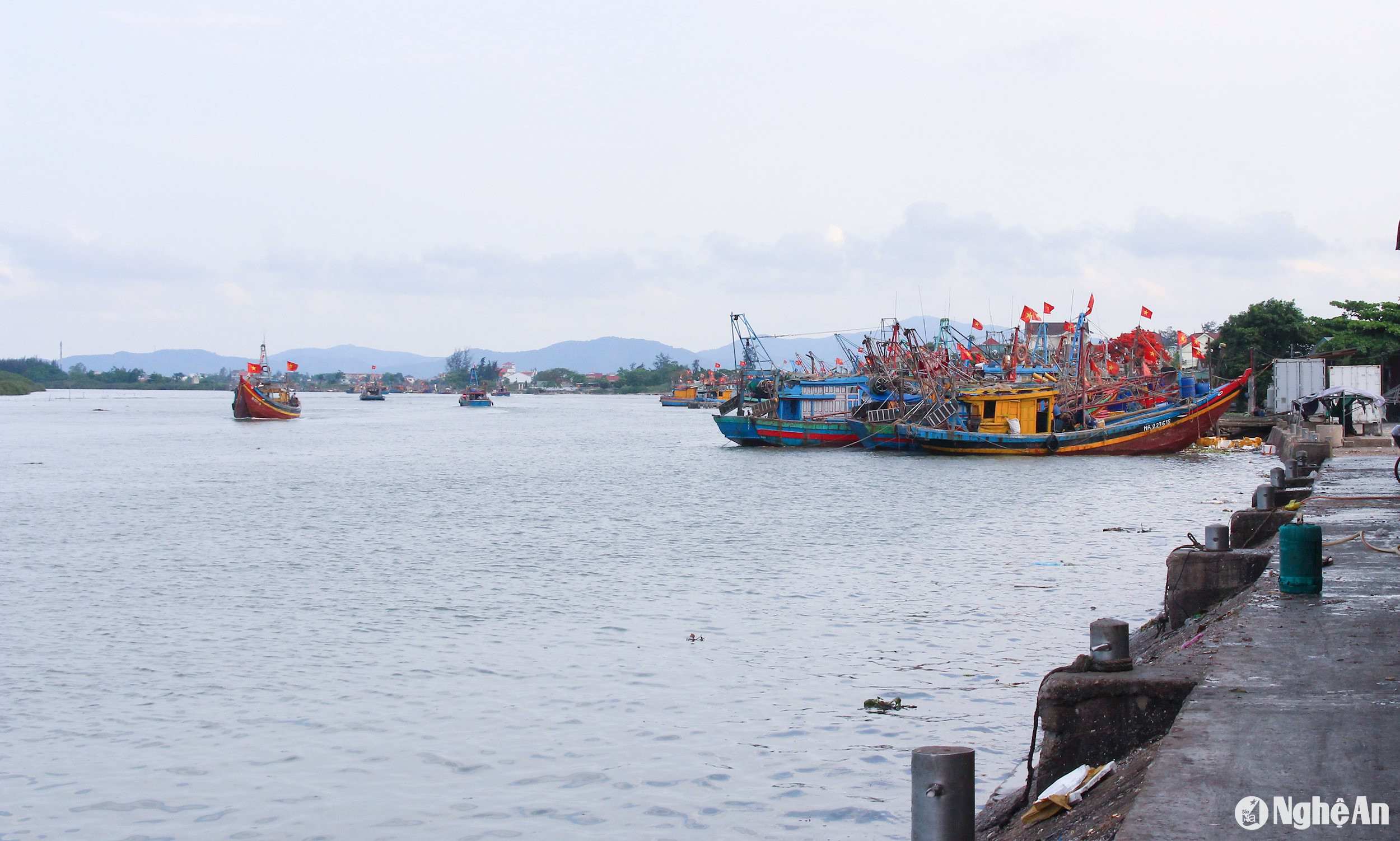
From the meaning of the above two events, in particular, Vietnam's sea area is large, accounting for about 1 million km2 of the East Sea, with the requirements set forth, the State management of seas and islands must ensure the sustainable development of the country. Therefore, our country has initiated the organization of Vietnam Sea and Islands Week (from June 1 to 8 every year) as stipulated in Decree No. 25, dated March 6, 2009 of the Government. Organizing Vietnam Sea and Islands Week aims to affirm the potential and determination to sustainably develop marine economic sectors, at the same time, protect resources, environment and national sovereignty at sea of Vietnam.
In conjunction with the theme of World Oceans Day 2024 “Deeper understanding of the ocean”, and at the same time, implementing the Strategy for sustainable development of Vietnam's marine economy to 2030, with a vision to 2045, the theme of Vietnam Sea and Islands Week 2024 is determined by the Ministry of Natural Resources and Environment as “Management and sustainable use of marine space”.
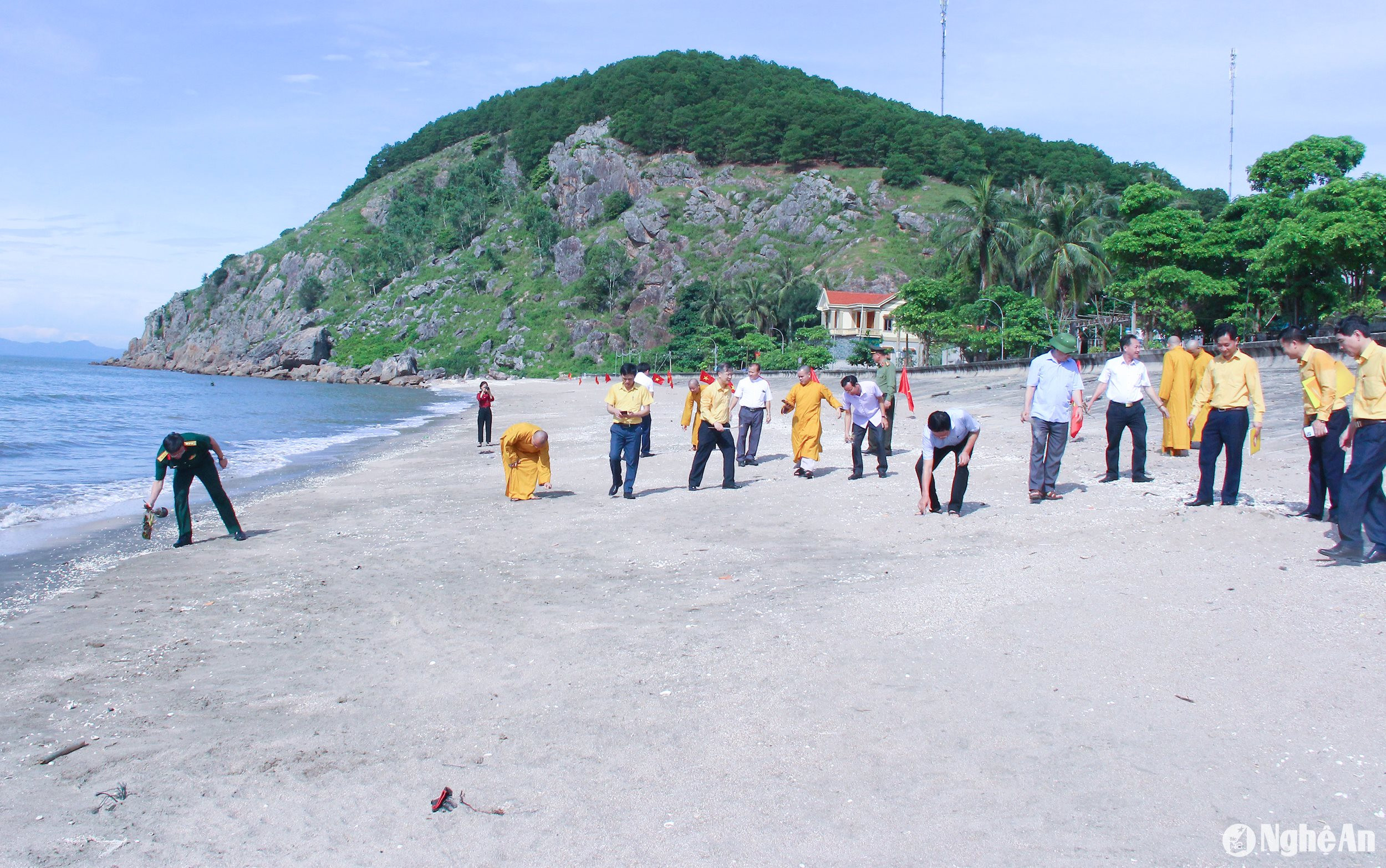
Reporter: Dear comrade! Drought, desertification and environmental degradation are global issues, including Vietnam. Could you please share more about the current situation in our province and its negative impacts on socio-economic development and people's livelihoods and lives?
Comrade Thai Van Nong:According to the United Nations Convention to Combat Desertification, up to 40% of the planet's land area is degraded, directly affecting half the world's population and threatening about half of global GDP, equivalent to $44 trillion. Overall, the frequency and duration of droughts globally have increased by 29% since 2000, and without urgent action, droughts could affect more than three-quarters of the world's population by 2050.
Drought and environmental degradation are also clearly occurring in Vietnam in many regions and localities across the country, leading to drought and saltwater intrusion.
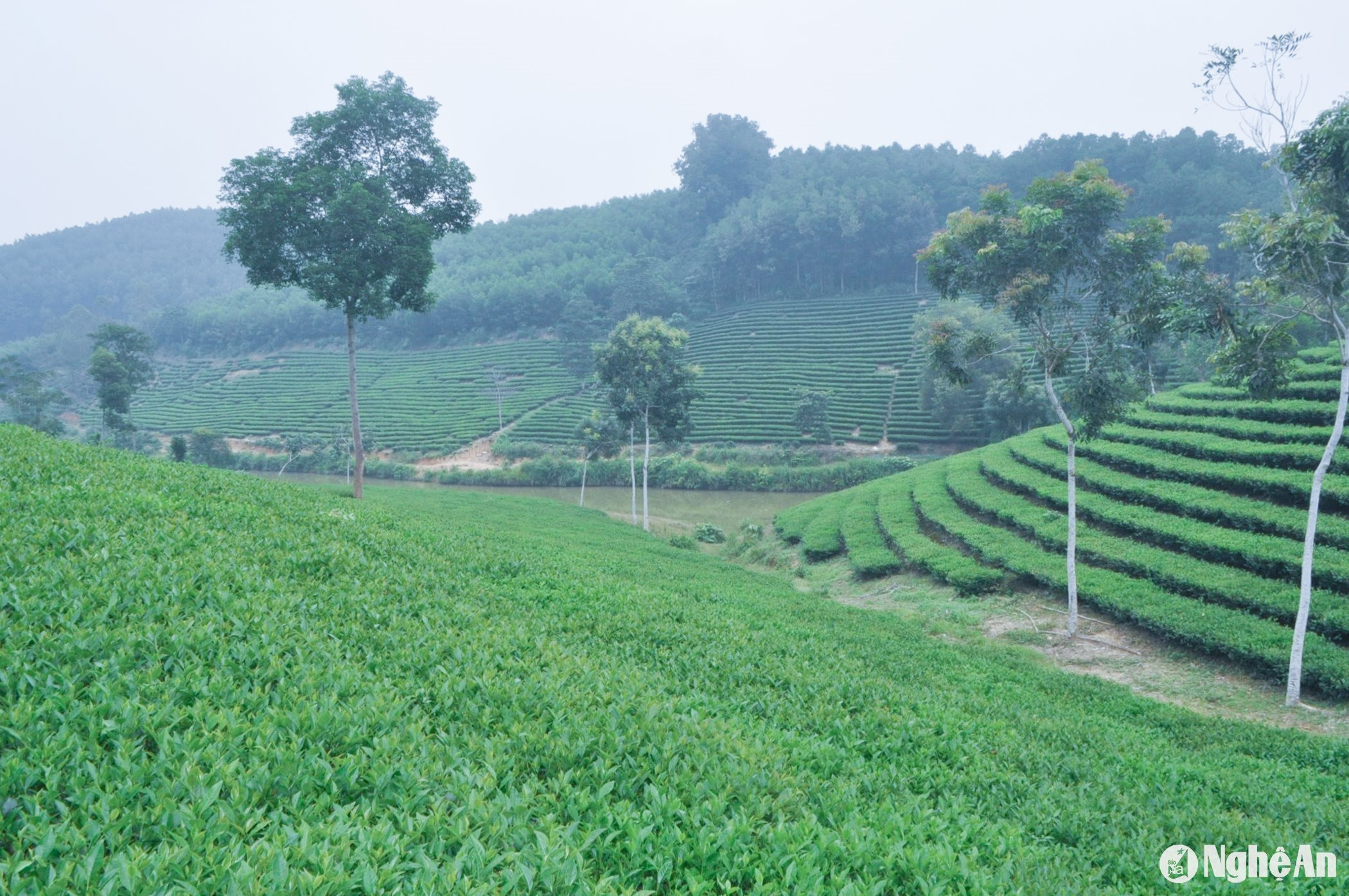
In Nghe An alone, the temperature has been increasing by 1-3 degrees Celsius higher than average in recent years. There are times when the region reaches a peak of over 45 degrees Celsius. There are many heat waves lasting from 10 to over 20 days.
This has caused drought and saltwater intrusion in some areas and localities in the province. The most obvious and important consequence is the impact on human health, especially for children and the elderly. It also causes economic losses due to reduced crop areas, livestock numbers, production suspension time and product decline, affecting people's livelihoods.
From the perspective of environmental protection, it is the decline in environmental quality, the narrowing of ecosystems, the loss of biodiversity..., affecting the human living environment.
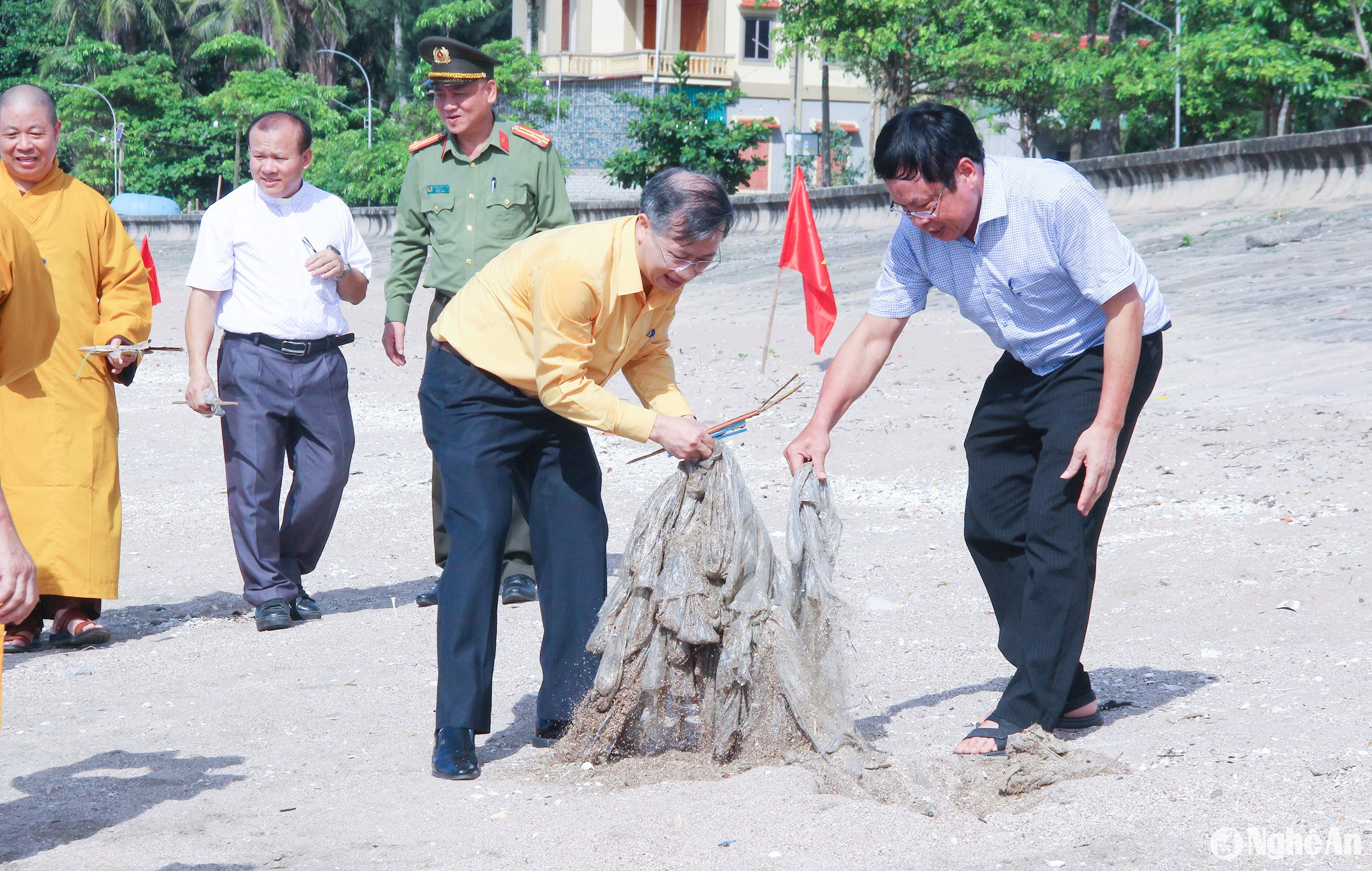
Reporter:It can be said that the negative impacts of drought, desertification and environmental degradation have been, are and will be major challenges to the development process. In your opinion, what needs to be done to minimize and overcome these challenges?
Comrade Thai Van Nong:Environmental protection and climate change response are tasks that the Party and State pay attention to along with economic development goals. In Nghe An, environmental protection is also a priority goal and task in development investment and investment attraction.
The Provincial Party Committee, People's Council and People's Committee have issued many resolutions, decisions, directives, plans and projects on environmental protection, climate change response; improving land use efficiency; forest protection and development, increasing forest cover; management of exploitation and sustainable use of marine and island resources... Of particular interest is Resolution No. 08, dated March 2, 2022 of the Provincial Party Committee on strengthening the Party's leadership in environmental protection in the province for the period 2022-2030.
Accordingly, environmental protection and management of exploitation and sustainable use of marine and island resources have many positive movements. Nghe An's forest coverage rate reached more than 58% and the level of biodiversity is high. The number of facilities polluting the environment and seriously polluting the environment has gradually decreased, in particular, no new facilities polluting the environment have been created. Areas polluted by residual plant protection chemicals have been investigated, zoned, and projects have been established for gradual treatment...
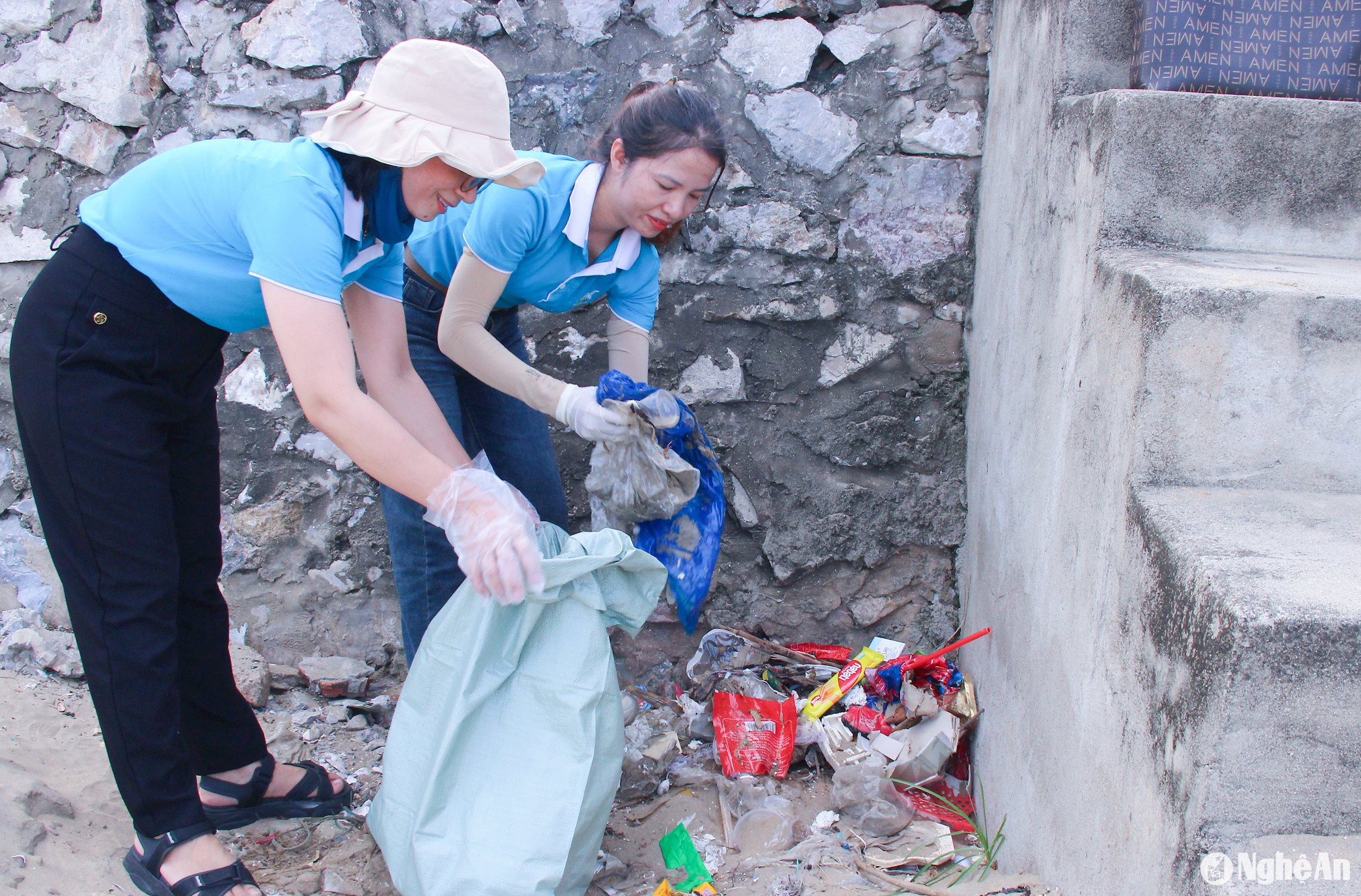
To continue to limit negative manifestations of climate change, drought, desertification, and environmental degradation, the requirement for all levels and sectors is to continue to promote propaganda, raise awareness and actions of agencies, units, businesses and people; no one should stand outside the work of protecting natural resources and the environment.
Focus on effectively implementing the 2020 Law on Environmental Protection and the Government's decisions and directives on strengthening soil quality management activities; reducing greenhouse gas emissions through limiting deforestation and degradation; conserving and enhancing carbon stocks and sustainably managing forest resources; and strengthening measures to prevent and combat heat waves, droughts, water shortages, and saltwater intrusion.
Focus on transforming the growth model from "brown" to "green", restructuring the economy associated with developing the digital economy, green economy, and circular economy to effectively use and conserve sustainable resources in terms of environment and climate, protect the living environment and people's health; promote socialization, attract businesses, organizations, and individuals to invest in the fields of pollution treatment, monitoring, supervision, and environmental protection.
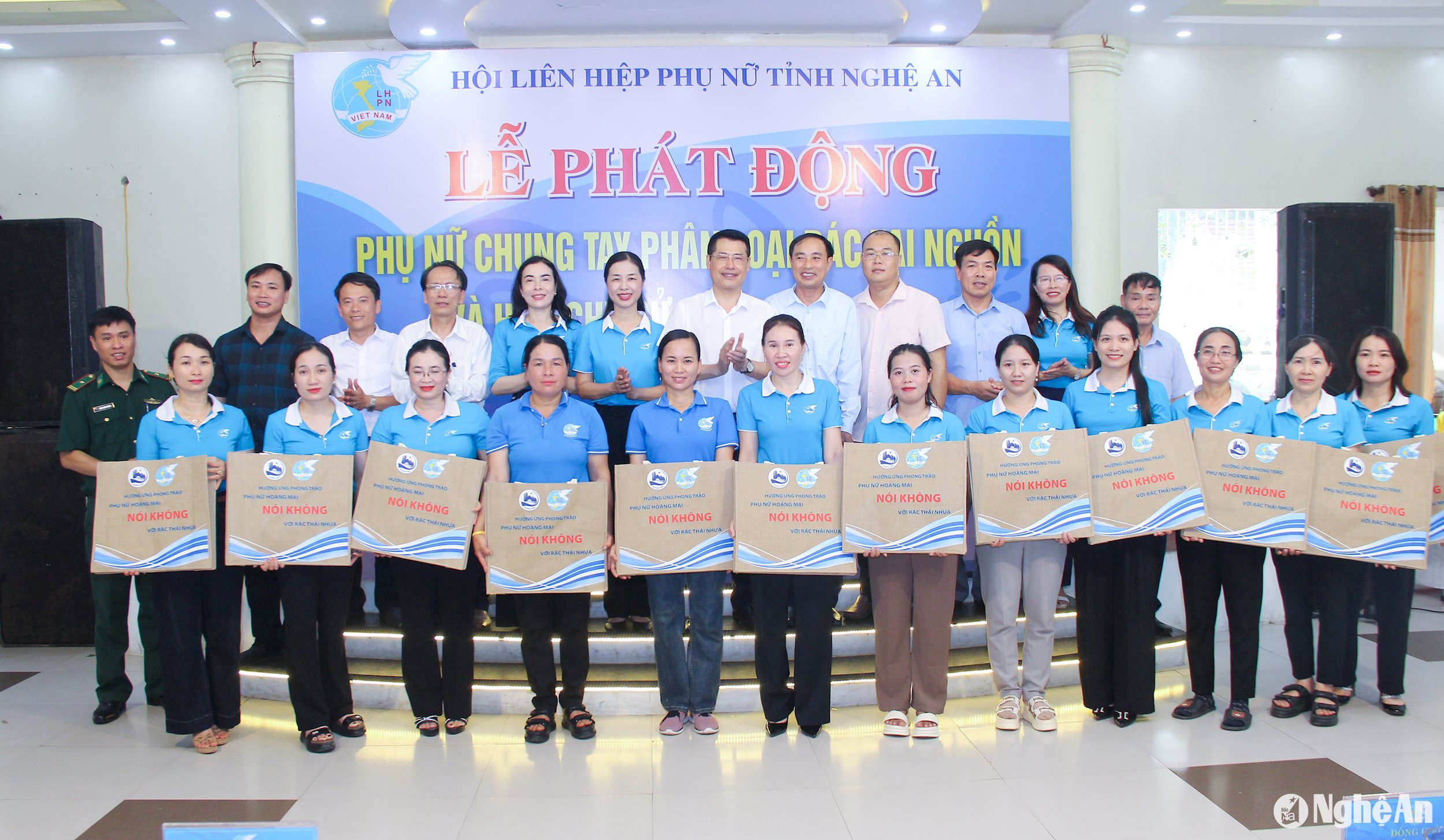
Reporter:In addition to general solutions, considering the responsibility of each collective, individual, group of people, and community in society, what specific actions do you think are needed right now, including strategic actions?
Comrade Thai Van Nong:Extreme weather, climate, drought, desertification, environmental degradation, etc. are negative manifestations of climate change.
To slow down the rate of climate change, there is no other way than for humans to use energy sparingly, replacing fossil fuels like coal and oil with biofuels, wind energy, and solar energy.
In particular, to cope with and reduce the impact of hot weather and rising temperatures, preserve and protect water resources for production and human life; each organization and individual needs to raise awareness and participate in protecting, exploiting and effectively using water resources, such as not wasting water resources; not polluting water resources.
Along with that, actively contribute to investing in repairing and building new water supply works; upgrading irrigation systems, lakes and dams to ensure good water storage and applying drought-resistant crops, water-saving methods in production and enhancing water storage measures for households.
Each organization, individual and community is responsible for planting trees; effectively managing and protecting upstream and coastal protection forests to reduce the effects of drought and heat and to serve as natural water reserves for rivers, streams, ponds, lakes and dams; limiting actions and behaviors that negatively affect the environment, such as using non-degradable plastic packaging and disposable plastic products; encouraging the use of environmentally friendly products, recycling plastic waste, etc.
Deploy and replicate effective models in land restoration, drought and desertification prevention, especially in areas directly affected by drought and desertification. At the same time, there are solutions to encourage and promote the strength of the entire nation to participate in environmental protection, climate change response, protection and exploitation of forest, sea and island resources and environment in a reasonable and effective manner.
Reporter:Thank you for this exchange!


